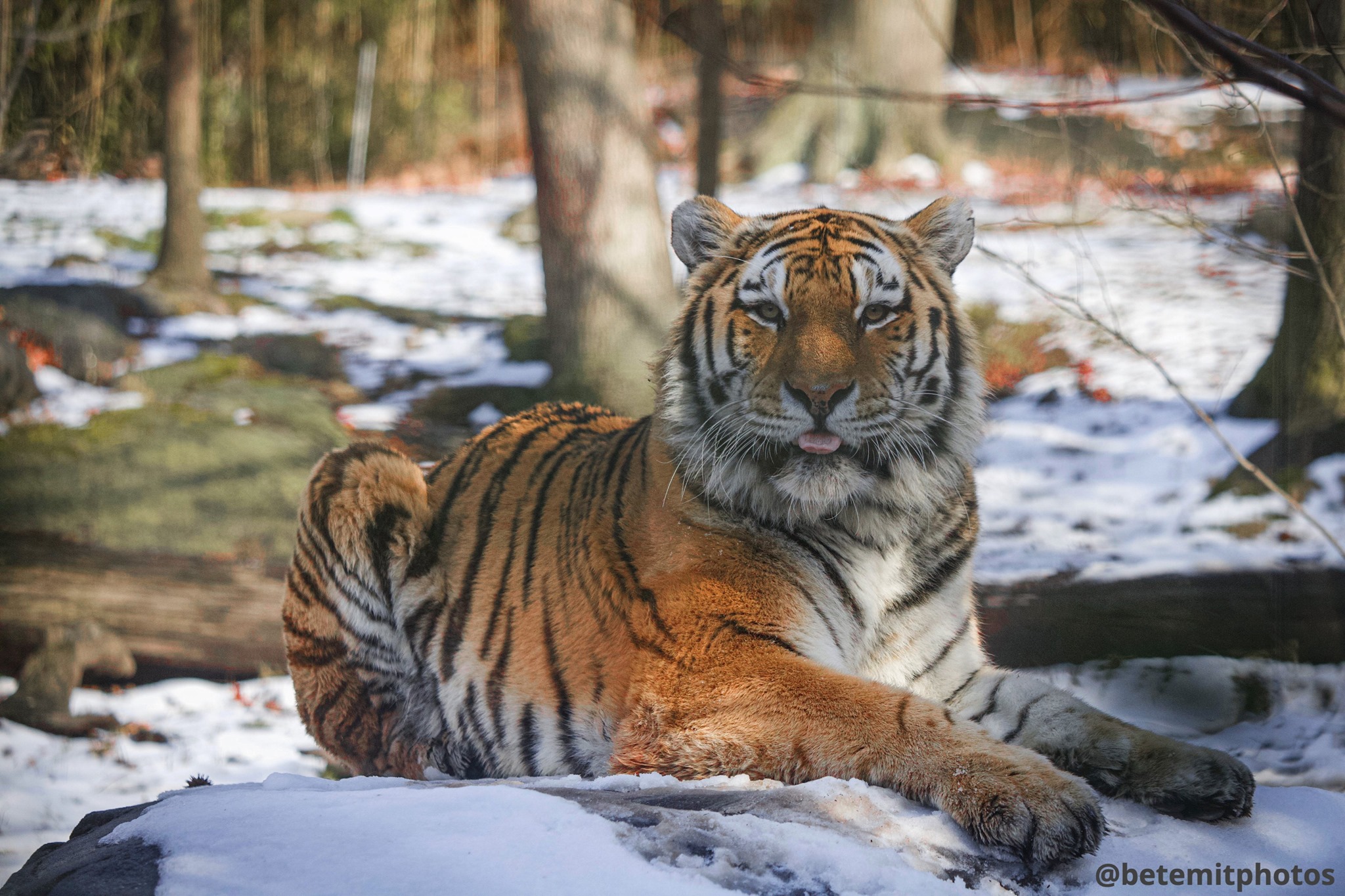
A four-year-old Malayan tiger has tested positive for coronavirus at the Bronx Zoo in New York City.
The Wildlife Conservation Society announced that Nadia, a tiger being taken care of at the Bronx Zoo, has been confirmed for COVID-19 on April 5. New York City remains to be one of the cities impacted heard by the coronavirus in the U.S.
Nadia, a female Malayan tiger, along with six other big cats, had all been suffering from dry cough. These cats are Nadia's sister, Azul, two Amur tigers, and three African liions.
The other cats have not been tested yet, but the zoo assumes they have been infected with the coronavirus already due to the symptoms.
"We tested the cat out of an abundance of caution and will ensure any knowledge we gain about COVID-19 will contribute to the world's continuing understanding of this novel coronavirus," the WCS, the zoo operator, said in a statement.
A zoo caretaker who contracted COVID-19 likely transmitted the virus to the cats before he or she manifested any symptoms of the disease, the WCS added.
Since the discovery of the infection in Nadia, the WCS implemented preventive measures for staff to minimize further exposure to the cats.
The infected cats have not been eating like before but they are well in general. The WCS said the cats as "bright, alert and interactive with their keepers."
Meanwhile, veterinarians at the zoo continues to care for and monitor the condition of the sick cats. The WCS expects the cats to recover.
The zoo explained that the four tigers with COVID-19 are currently inside the Tiger Mountain exhibit, which is also home to a male Amur tiger that has not manifested any symptoms of COVID-19.
Moreover, the Wild Asia exhibit houses a Malayan tiger and two Amur tigers that have not shown any symptoms yet.
No symptoms have been seen in the other cats at the zoo, including the snow leopards, Amur leopard, cheetahs, puma, clouded leopard, and serval.
"It is not known how this disease will develop in big cats since different species can react differently to novel infections, but we will continue to monitor them closely and anticipate full recoveries," the WCS said.
How cats contract COVID-19
Cats could get the coroanvirus through their owners. Felines appear to have a receptor protein on the outsides of respiratory cells like that among humans that is involved in SARS-CoV-2 infections.
The receptor protein called ACE2 lets the virus to break into these cells and multiply.
"The feline ACE2 protein resembles the human ACE2 homologue, which is most likely the cellular receptor which is being used by SARS-CoV-2 for cell entry," Steven Van Gucht, virologist and federal spokesperson for the coronavirus epidemic in Belgium, said in an interview with Live Science.
“Dogs and cats as pets have established a much closer relationship with humans than all other animals, and banning the consumption of dogs and cats and other pets is a common practice in developed countries and in Hong Kong and Taiwan,” the Shenzhen city government said based on a Reuters report.






